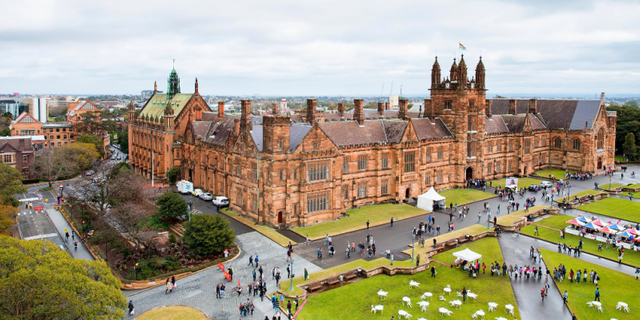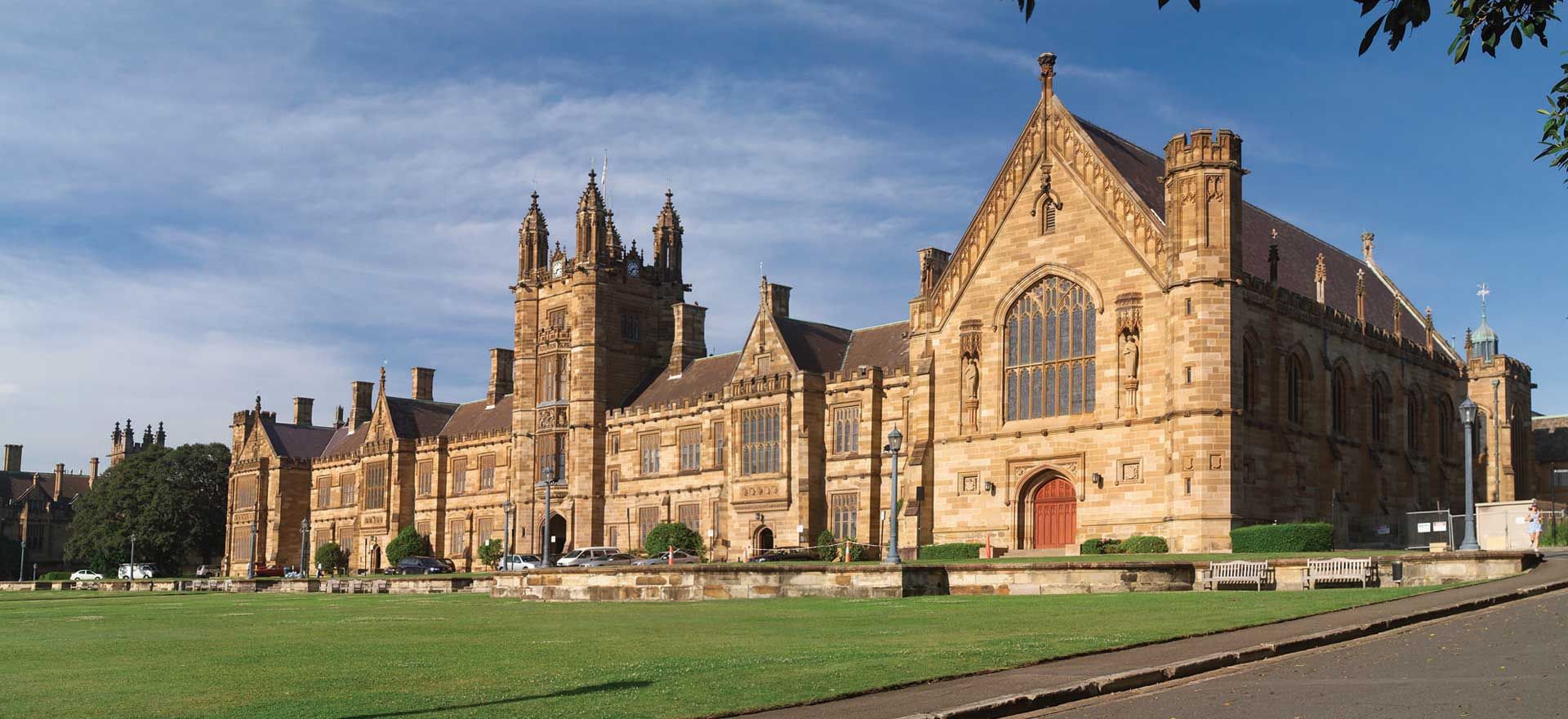Sydney University develops blockchain that processes 440,000 transactions per second

The official website of the institution reported that the Systems Research Group of the School of Information Technology has begun to develop a new platform of distributed accounting technologies that offers faster and safer transactions from anywhere in the world.

The platform was named Red Belly Blockchain and its developers say it is "super-fast" compared to other trading systems. Professor Vicent Gramoli, PhD in Computer Science and head of the project, commented that the blockchain can perform 440,000 transactions per second in just 100 machines; Numbers that contrast radically with the amount of operations that can realize VISA or the network Bitcoin:
In recent tests, our blockchain achieved the best performance we have seen so far: with more than 440,000 transactions per second on 100 machines. In comparison, the VISA network has a maximum capacity of about 56,000 transactions per second and the Bitcoin network is limited to around seven transactions per second.
Vicent Gramoli
Director of System Research Group, University of Sydney.
Gramoli also claims that the blockchain can operate "hundreds of thousands of transactions per second under a potential number of customers." That is, it has a horizontal performance that avoids the common problems of decentralized digital transactions, such as the susceptibility to double-cost operations.
The director points out that Red Belly Blockchain does not fork, that is, the chain does not diverge in two different blocks nor does it branch; Avoiding in this way that some individual performs two different transactions with the same portion of money.
Unlike public block chains, ours is not subject to double expense - when an individual spends his money more than once - because this chain of blocks never bifurcates.
Vicent Gramoli
Director of the Systems Research Group, University of Sydney.
Also, the blockchain developed in the university campus can be applied in public and private context. That is, you can perform peer-to-peer operations from anywhere in the world at any time; Or it can become an industrial or business tool for an exclusive, small, private group of employees.
At the moment, Professor Gramoli reported that the group is developing a recommendation system in the blockchain that will automate the selection of participants under a consensus, action that could greatly benefit the privacy and security of network transactions.
Researchers are also working to open the platform's portfolios in the near future so that all users can begin to carry out monetary transactions to any other network, giving the project a run.

Various university institutions around the world are pushing and incorporating distributed accounting technology projects into their classrooms and laboratories. For example, the University of Melbourne recently notified that it will allow teachers and students to manage and consult academic notes on a blockchain platform; On the other hand, the University of California thinks DLT could be a beneficial tool for the health sector.
In Latin America, the National University of Colombia held a cryptomonedas and decentralized technologies event organized by the Blockchain Education Network (BEN), an organization of students interested in blockchain tools and who wish to generate centers of innovation and conversation within academic campuses. Technology. Similarly, in Asia, the University of Singapore has also been launched with DLT and has led a project to register diplomas with DLT.
This scenario enables an academic opening to the most innovative financial technologies on the market and frames blockchain in educational and institutional terrain, a step that could open bigger and better doors in the future. </ H3>
Read more: https://criptonoticias.com/educacion/universidad-sidney-desarrolla-blockchain-procesa-440-mil-transacciones-segundo/#ixzz4lydPk4EQ
Follow us: @CryptoNews on Twitter | CryptoNews on Facebook
Hi! I am a robot. I just upvoted you! I found similar content that readers might be interested in:
http://worldbestuniversities.net/buniversity-of-sydneyb-develops-blockchain-that-processes-440-thousand-transactions-per-second
When it comes to academic education and blockchain, we would invite you to check out https://os.university - world's first academic and career development ledger on the Ethereum blockchain. You can follow us at https://steemit.com/@opensourceuni